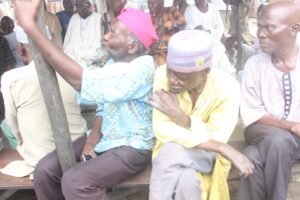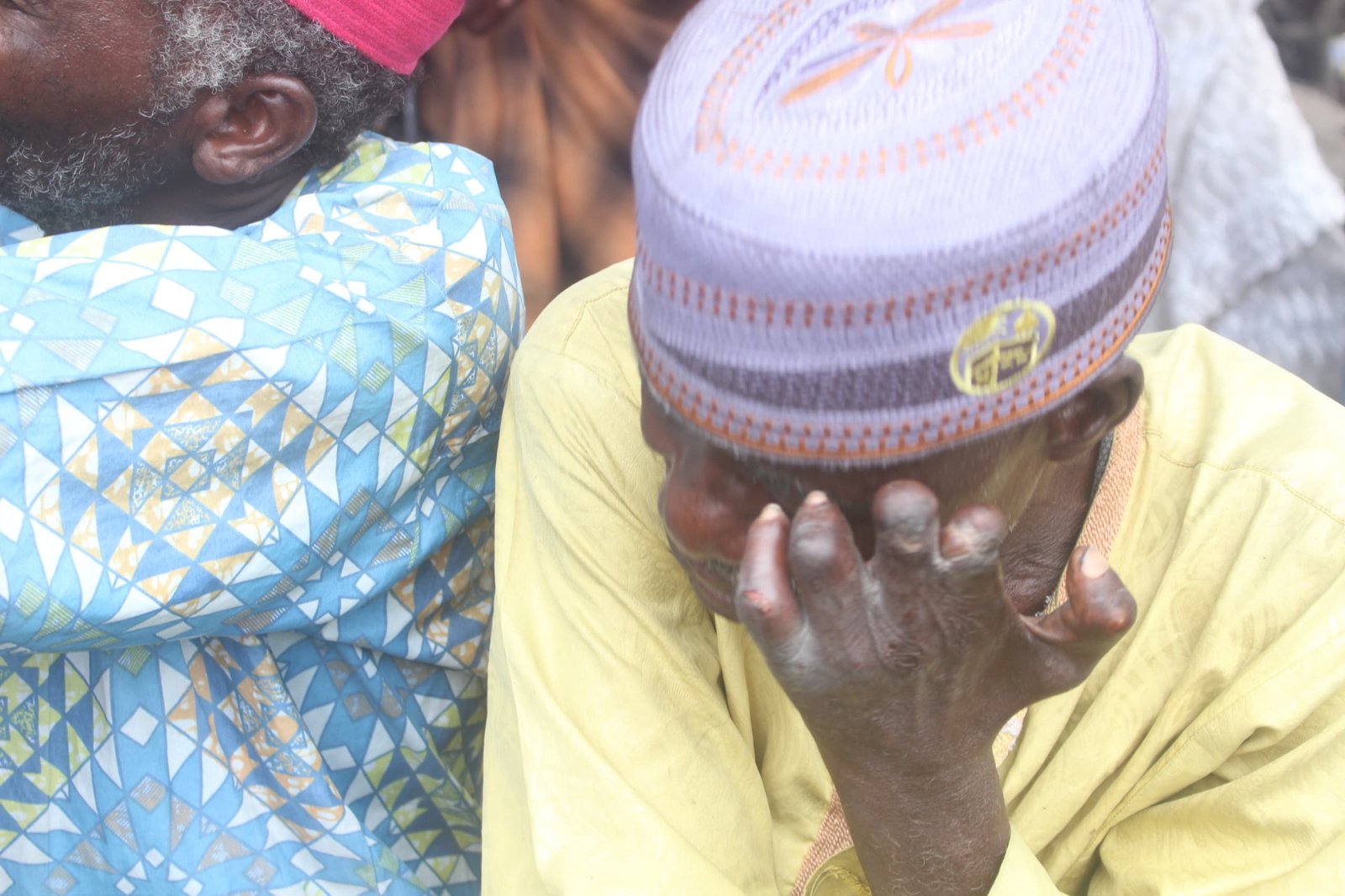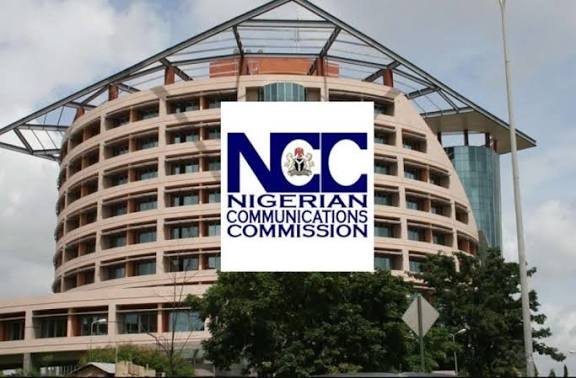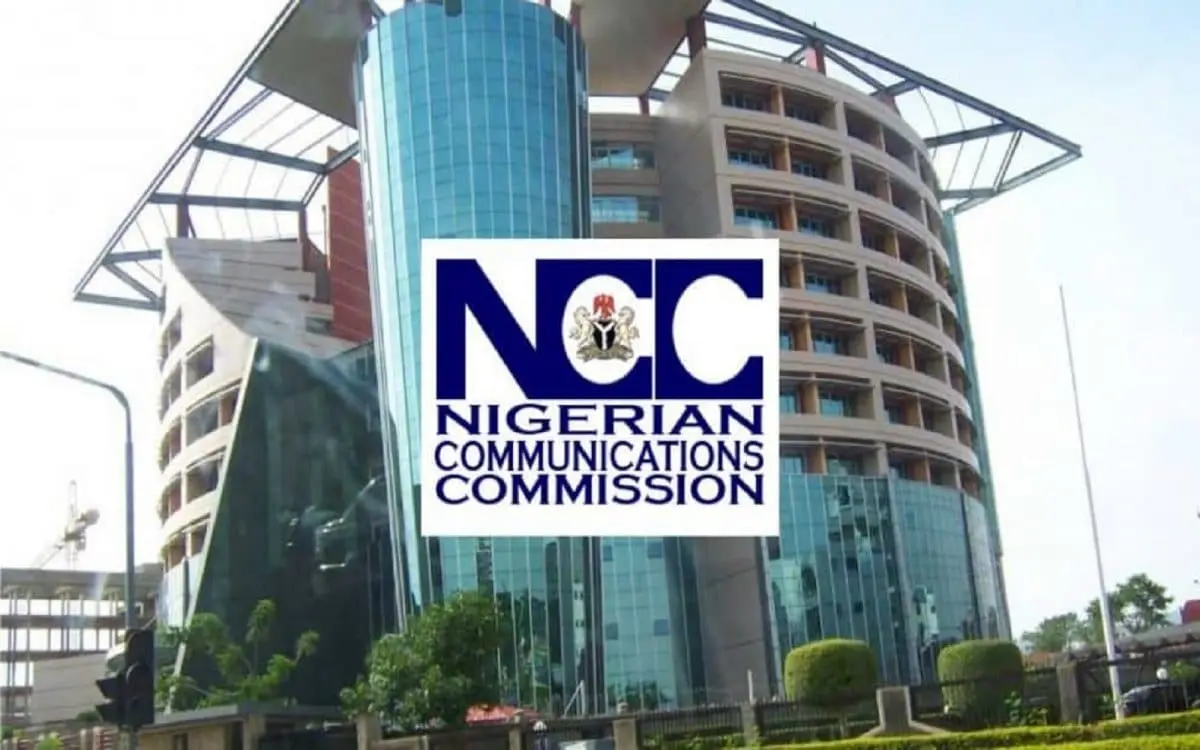From a distance, the Alabarago Lepers Community in Ojo Local Government Area, Lagos State, might seem like nothing more than a desolate dump site. But within this overlooked settlement lie the stories of people fighting not just the physical scars of leprosy, but also the heavy burden of health struggles, societal stigma and neglect.

Leprosy, an age-long disease, continues to plague thousands in Nigeria today. Over 3,500 new cases are recorded annually, making Nigeria one of the few countries still grappling with ongoing transmission within communities. Despite being curable, the late detection and treatment of leprosy often result in severe disabilities, rendering those affected unable to work and forcing many into a life of begging.
In Alabarago, home to around 200 individuals living with leprosy, this reality is painfully evident. Umar Abdulahi, a former teacher and long-time resident of the community, describes a life of isolation and despair. “The nerve damage from leprosy has deformed many of us,” he shares, “and with these deformities, finding work is impossible. Our only means of survival is begging.”
But leprosy is only one of the many health burdens this community faces. Chronic respiratory issues are rampant, exacerbated by the toxic fumes from the nearby dumping ground, where waste is regularly burned. These fumes infiltrate the air, leading to conditions like chronic bronchitis and asthma, further weakening the already vulnerable residents.
Malnutrition is another silent killer in Alabarago. The lack of access to adequate nutrition leaves the residents, particularly children, with weakened immune systems, making them more susceptible to infections and illnesses. This, coupled with the lack of clean water—residents rely on untreated well water, which they attempt to purify using alum—results in frequent outbreaks of waterborne diseases like cholera, typhoid, and dysentery.
The physical health challenges are compounded by severe skin infections and chronic wounds that plague the community. Many of these infections are directly related to the effects of leprosy, but they are made worse by the poor living conditions and lack of proper medical care.
Leprosy’s impact extends beyond physical health; it also has deep psychological and social ramifications. Dr. Samuel Ekene, a public health expert at the University of Lagos, emphasizes that treating leprosy requires more than just medication. “Leprosy is not merely a physical disease; it’s a social and psychological one as well. The stigma associated with the disease is a major barrier to treatment, leading to isolation and worsening the mental health of those affected”.
This stigma often drives those with leprosy to self-isolate, exacerbating feelings of loneliness and hopelessness. Mrs. Ifeoma Ogu, a clinical psychologist, underscores the psychological toll this takes on individuals. “The constant rejection and discrimination can lead to severe depression and anxiety among people with leprosy. They begin to see themselves through the lens of society’s judgment, which can prevent them from seeking the help they desperately need”.
The mental health burden in Alabarago is significant. Dr.Adebayo Akinola, a psychiatrist at Lagos State University Teaching Hospital (LASUTH), explains, “We often see cases of chronic depression, anxiety disorders, and even post-traumatic stress among those living with leprosy. The trauma of being ostracized is compounded by the physical pain and disability caused by the disease”.
Dermatologists like Dr. Grace Adefemi of the Lagos University Teaching Hospital (LUTH) are crucial in the early detection and treatment of leprosy. “Early diagnosis is key to preventing the severe deformities that lead to stigma,” she notes. “Unfortunately, due to the fear and misinformation surrounding leprosy, many patients delay seeking treatment until it’s too late, resulting in irreversible damage”.
Yet, even when residents do seek medical attention, the limited access to healthcare services in Alabarago means that many chronic conditions, such as diabetes and hypertension, go untreated. The healthcare challenges, combined with the psychological and social isolation, create a complex web of suffering that makes escaping the cycle of poverty and disease nearly impossible.
The story of Alabarago is not just one of physical disease but of a community battling a complex web of health, social, and psychological challenges. While leprosy is curable, the road to recovery is hindered by the deep-seated stigma that surrounds it. Addressing this requires a multifaceted approach, combining medical treatment with psychological support and social reintegration.
Dr. Ekene advocates for a community-centred approach to leprosy care. “We must integrate mental health services into the care for leprosy patients. Support groups, counselling, and psychiatric care should be as readily available as medical treatment. Only by addressing the mental health needs can we begin to break the cycle of stigma and isolation”.
The residents of Alabarago, like Umar, are not just patients—they are individuals with dreams and aspirations, crushed under the weight of their circumstances. Their children, who should be in school, are instead forced to pick scraps to survive, their futures dimmed by the shadow of their parents’ affliction.
But there is hope. Dr. Akinola believes that with the right support, those affected by leprosy can rebuild their lives. “We must work towards creating an environment where individuals with leprosy are treated with dignity and respect. This includes public education campaigns to dispel myths about leprosy, as well as policies that ensure these individuals have access to education, employment, and social services”.
As Nigeria continues its fight against leprosy, the story of Alabarago should serve as a wake-up call. The battle is not just against a disease, but against the societal forces that perpetuate the suffering of those who have been cured yet remain scarred by stigma.
The residents of Alabarago have been silenced for too long. It is time to listen, to act, and to ensure that they, and others like them, are not forgotten. In doing so, we take a critical step towards a future where leprosy is not just cured, but where its survivors can live with dignity and hope.






